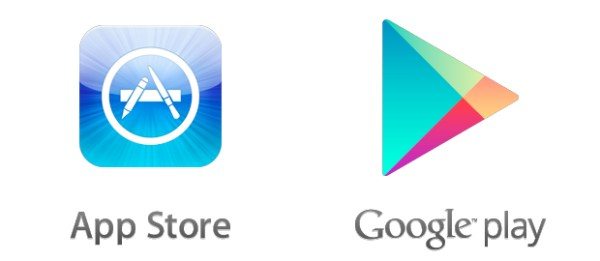Skin Cancer analysis smartphone apps & concerns
The use of mobile devices in our everyday lives has increased massively over the last few years and many of us rely on apps for all sorts of things, both practical and for entertainment purposes. Among the many apps available are health and medical apps and there are now some skin cancer smartphone apps. However there are concerns about the accuracy of these types of apps and this is something we should consider carefully if using them.
Even medical professionals are now using apps in the workplace and there are many of these apps, which are no doubt invaluable. However, when the average consumer uses such apps there are dangers that they may not see a doctor when they need to and instead rely too much on what the app tells them. A new study published online by JAMA Dermatology and by researchers at the Pittsburgh Medical Center looked into the accuracy of four skin cancer apps to ascertain their accuracy and discovered that this varied significantly.
The apps are intended to check moles and establish which ones have become cancerous melanomas. While the top app impressed, with an accuracy of 98.1% of the time when identifying cancerous moles, the accuracy figure of the worst performing app was a shockingly bad 6.8%. The remaining apps scored an accuracy rate of around 70% but properly equipped trained dermatologists would be able to identify melanomas on the first attempt around 90% of the time. However the 70% rate is better than the detection rate of family doctors with no particular specialized training in this. Only one of the apps was excellent then, with two falling some way behind and one being pretty useless.

The dangers of this cannot be underestimated as some consumers may become too dependent on this sort of app and delay getting specialist care when necessary, at which point it may be too late. Laura Ferris, one of the dermatologists who worked on the study said, “If people have a way to feel better about delaying care, it’s only a matter of time before a patient is harmed,” according to the WSJ. Although most medical apps carry a disclaimer and say that that they are intended more for awareness rather than diagnosis there are many people who choose to ignore this or simply don’t see it. Smartphone and tablet apps are unlikely to ever be 100% accurate and while this may not do specific damage in other spheres, in the world of medicine this could have drastic repercussions.
We’re really interested to find out the views of our readers on this. Have you ever used this type of app? If so would you imagine the result to be accurate or would you also have it checked out by a medical professional? Maybe you’ve relied on an app result to your own personal cost? Let us know with your comments.

Live Comment
Your email address will not be published.